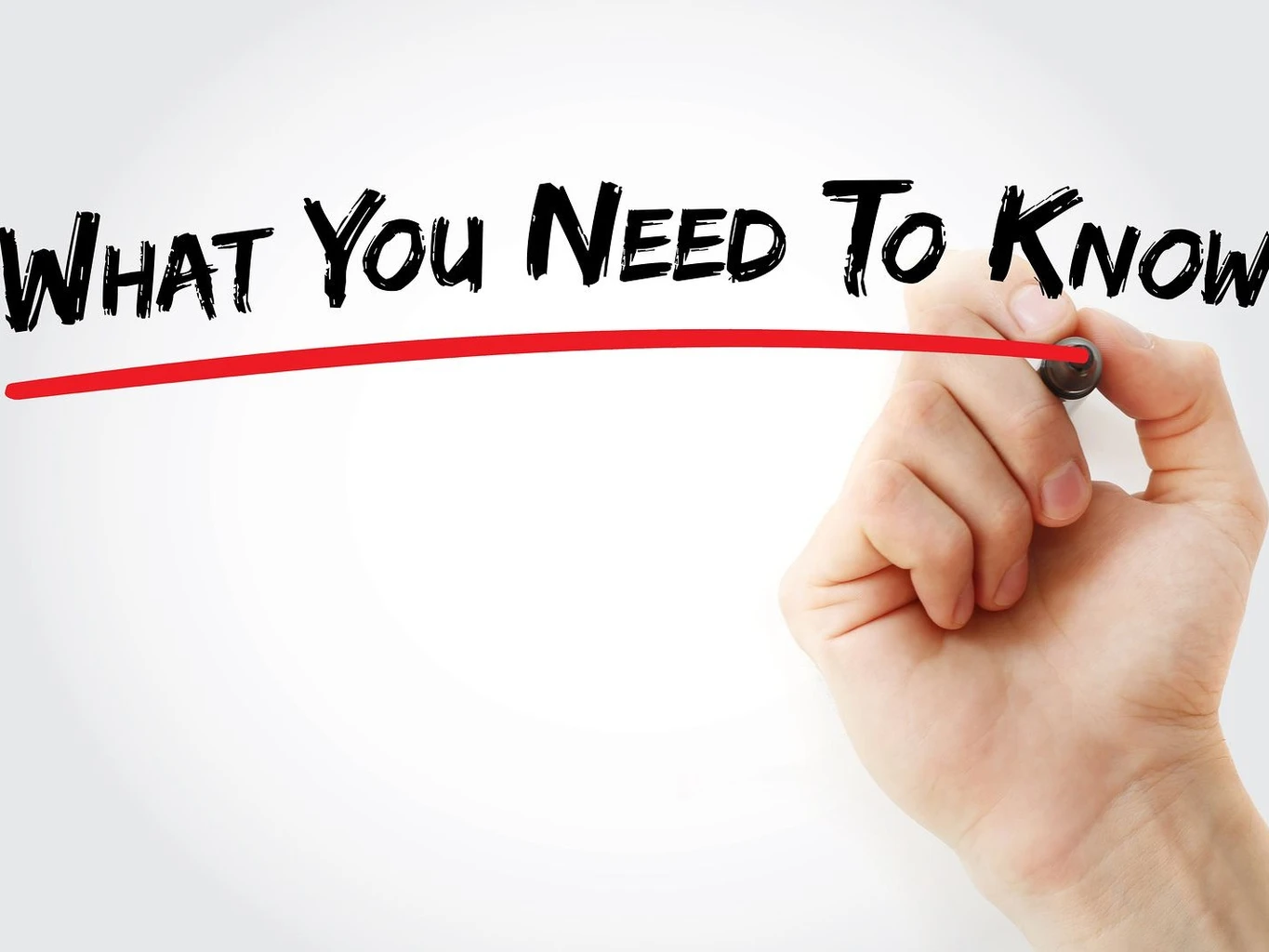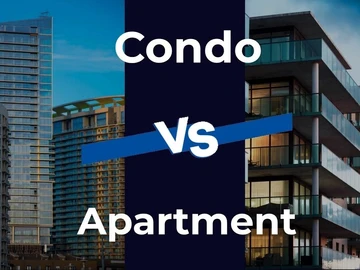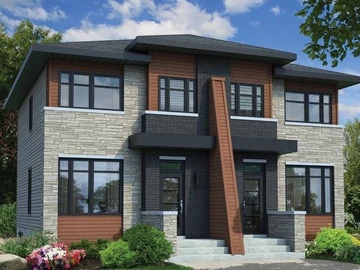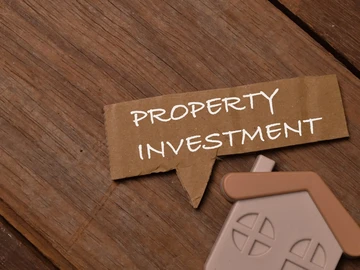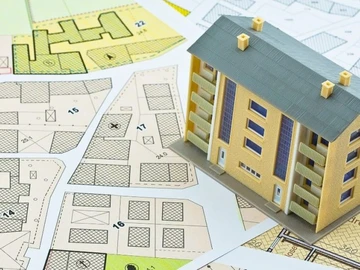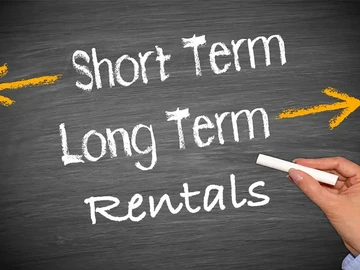If you're a Zimbabwean living abroad and planning to buy property back home, you're not alone. Diaspora buyers are among the biggest investors in Zimbabwe’s real estate market, helping fuel developments in areas like Pomona, Mabvazuva, Ruwa, and Westgate.
But buying property from afar comes with real risks especially if you don’t understand how title deeds, estate agents, and developers work in the Zimbabwean context.
In this guide, we break down exactly what diaspora buyers need to know to protect their investment, avoid scams, and confidently navigate the local real estate landscape.
1. Understanding Title Deeds: Why They Matter
A title deed is the most important legal document proving ownership of a property. Without it, you may face difficulties transferring ownership, accessing financing, or even occupying the property.
Types of Land Ownership in Zimbabwe:
- Freehold (Title Deed): Most secure. Registered in your name at the Deeds Registry.
- Leasehold: Land leased from government or local council (common in Harare South and parts of Bulawayo).
- Cession: Common in cooperative or unregularised areas ownership is transferred without a title deed via a local authority or housing office.
According to the Zimbabwe Land Commission, over 60% of disputes in urban areas stem from land bought without valid title.
Diaspora Buyer Tips:
- Always ask for a copy of the title deed before paying anything.
- Hire a registered conveyancer or property lawyer to verify title at the Deeds Office.
- Avoid unregularised land sold under “cession” unless it’s part of a council-led development.
2. Choosing the Right Estate Agent: Licensed vs. Freelance Sellers
One of the most common mistakes diaspora buyers make is trusting unlicensed individuals posing as “agents” on Facebook or WhatsApp. Many buyers have lost thousands of dollars to such scams.
What Makes an Agent Legitimate?
A licensed estate agent in Zimbabwe must be:
- Registered with the Estate Agency Council of Zimbabwe (EACZ)
- Have a valid practicing certificate
- Affiliated with a registered estate agency firm
You can verify agents through Property.co.zw, where only licensed agents are allowed to list.
What Diaspora Buyers Should Ask:
- Are you registered with the Estate Agency Council of Zimbabwe? Can I see your license?
- Do you have an office or a physical business address?
- Can I get references from other diaspora clients you’ve worked with?
Use platforms like Property.co.zw that list only verified agents with up-to-date contact details, licenses, and properties.
3. Working With Developers: The Good, the Bad, and the Risky
Developers are responsible for building houses or servicing land. While many are reputable, others operate without proper approvals or sell land they don’t legally own.
What to Look for in a Reputable Developer:
- Approved layout plans from local authorities (City of Harare, Ruwa Local Board, etc.)
- Proof of land ownership or a valid offer letter
- Previous developments completed successfully
- Flexible payment plans backed by contracts
Be cautious of developers offering “stands” with no servicing timelines, no paperwork, or vague ownership details.
Verified developers typically operate in areas like:
- Pomona, Madokero, Mabvazuva, Gweru North, and Cowdray Park
- Often offer installment plans (e.g., 12–36 months)
4. Legal Oversight Is a Must
Whether you're dealing with an agent or developer, always ensure a qualified conveyancer or real estate lawyer is involved. They will:
- Draft and review the Agreement of Sale
- Conduct title deed searches
- Oversee payment processes through a trust account
- Register the property in your name at the Deeds Office
Even diaspora buyers can sign documents electronically or through a Power of Attorney (POA), with most conveyancers offering remote legal services via email or WhatsApp.
5. Payment and Ownership Transfer Tips for Diaspora Buyers
Safe Ways to Pay:
- Use diaspora-friendly bank accounts like FBC, CBZ, or Stanbic for wire transfers
- Pay into a lawyer or estate agent’s trust account, never to individuals directly
- Keep records of every payment and signed document
Transferring Ownership:
Once full payment is made and paperwork is verified, the lawyer will process:
- Capital Gains Tax clearance
- Rates clearance from the local authority
- Transfer at the Deeds Registry
Ownership can be transferred to your name or a family trust, depending on your long-term goals.
Common Mistakes Diaspora Buyers Should Avoid
- Paying full price before conducting a deed search
- Relying on relatives to manage transactions without legal support
- Trusting Facebook-only property sellers with no verifiable profile
- Ignoring location or land servicing status
- Buying land with no timeline or legal roadmap to getting a title deed
Final Thoughts
For diaspora buyers, the key to a successful real estate investment in Zimbabwe is education, verification, and professional support. A beautiful listing or affordable price means nothing if the ownership is not legally protected.
By understanding how title deeds work, insisting on licensed estate agents, and working only with approved developers, you can avoid scams and buy safely whether you're in Johannesburg, London, or Toronto.
Explore trusted listings and connect with verified agents and developers on Property.co.zw Zimbabwe’s No.1 property marketplace.
 Continue with Facebook
Continue with Facebook
 Continue with Email
Continue with Email

